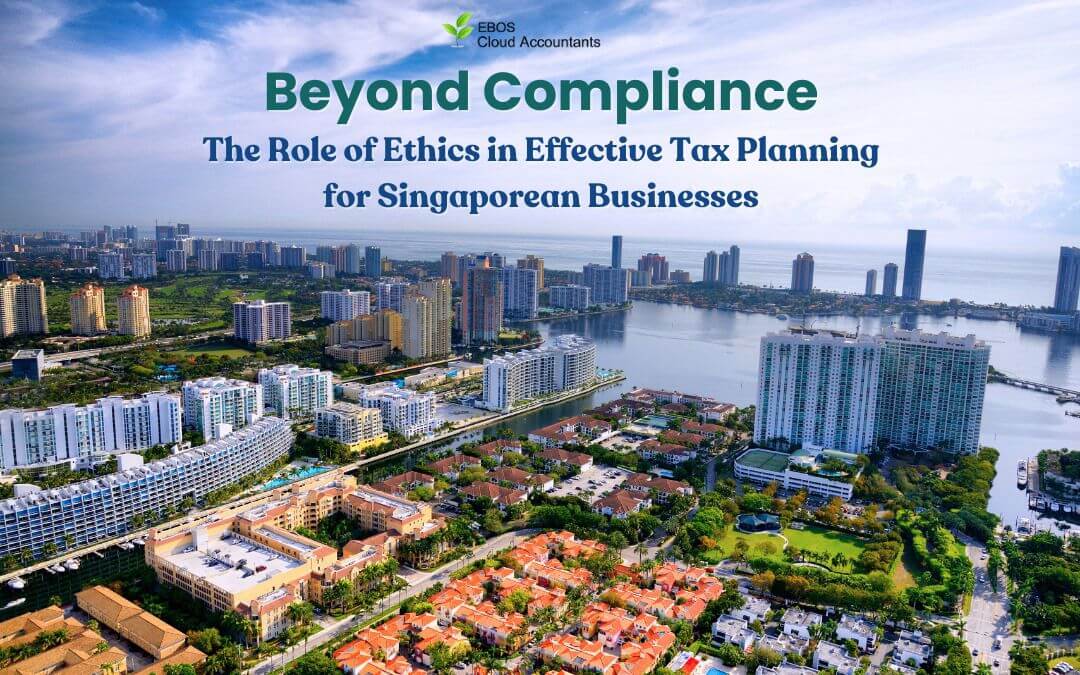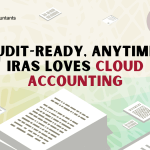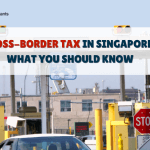Singapore’s economy ranks among the wealthiest and most developed worldwide, boasting low unemployment rates, a high GDP per capita, and significant growth. Also, Singapore’s tax system is lauded for its simplicity, competitiveness, and business-friendly regulations.
Business owners should not overlook ethical tax planning as it is vital for building trust, maintaining a positive reputation, and fostering a sustainable and responsible corporate environment.
This article discusses the role of ethics in effective tax planning in Singapore.
Legal Compliance
Legal compliance in Singapore entails individuals and organizations adhering to laws and regulations set up by the government. Businesses operating in Singapore have to register with the Accounting and Corporate Regulatory Authority (ACRA), disclosing accurate information about the company’s structure, directors, and shareholders.
Securing legal compliance is not only legally required but also crucial for building trust, maintaining a strong corporate reputation, and contributing to Singapore’s stable and equitable business environment.
Avoidance of Tax Evasion
Ethical tax planning involves a firm commitment to shun tax evasion. Singaporean businesses are expected to utilize legal and transparent means to reduce their tax payments, steering clear of illegal tax evasion.
Businesses engaging in tax evasion may face severe legal repercussions such as hefty fines and imprisonment. Furthermore, the reputational damage associated with tax evasion can have long-lasting effects on a company’s standing in the business community.
Transparent Financial Reporting
Transparency sits at the core of ethical tax planning. Singaporean businesses are encouraged to provide accurate and complete information to tax authorities, facilitating open and honest communication.
Transparent financial reporting forms an integral part of corporate governance and business integrity in Singapore. Government, regulatory bodies, and financial institutions put a high value on truthful and transparent financial reporting.
Transparent financial reporting is vital for establishing trust with stakeholders, attracting investors, and showing a commitment to good corporate governance.
Corporate Governance
Ethical tax planning fosters good corporate governance; it reflects the company’s commitment to ethical decision-making, accountability, and responsible business practices across all levels.
Singapore’s corporate governance leans on a structure that promotes transparency, responsibility, and fairness in company management and operations.
It is important to note that corporate governance standards change over time, and companies are urged to review and update their governance structures regularly to align with evolving best practices and legislative changes.
In Summary
Ethics are a vital component of effective tax planning for Singaporean businesses. Ethical tax planning covers a range of concepts that guide ethical and legal activities. It means more than just adhering to tax regulations—it also involves conducting business with integrity, transparency, and a commitment to societal welfare.
For compliance and legal tax consultation, you can reach out to EBOS cloud accountants. EBOS can assist your organization in preparing unaudited financial statements optimally. This will allow better cash flow management as you can understand your expected tax payable almost a year before the assessment year.








I do not even know how I ended up here but I thought this post was great I do not know who you are but certainly youre going to a famous blogger if you are not already Cheers